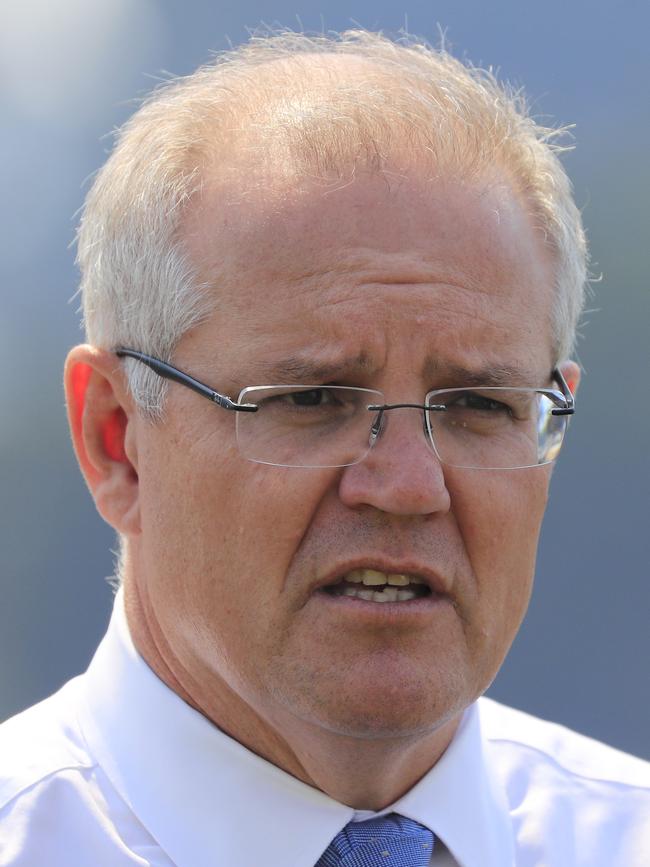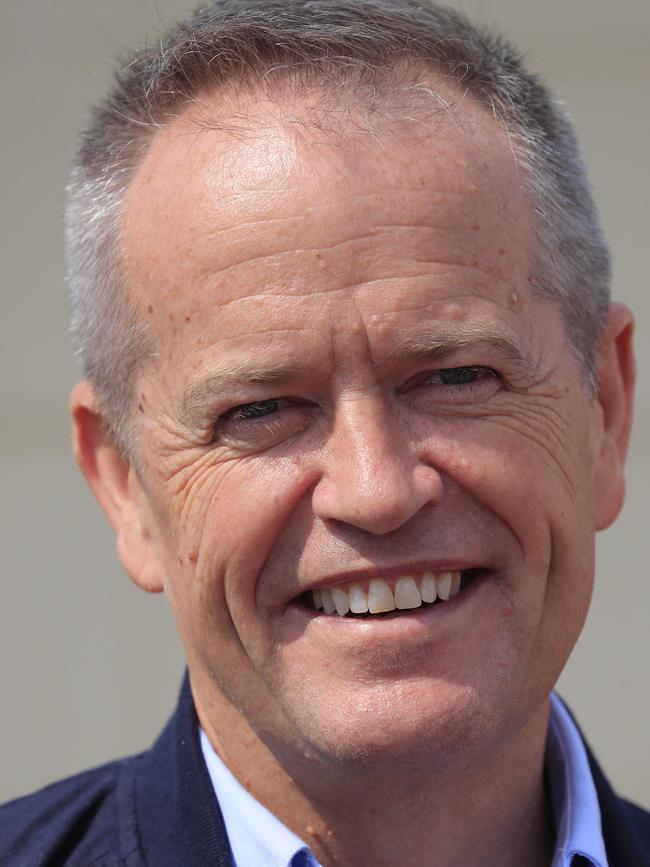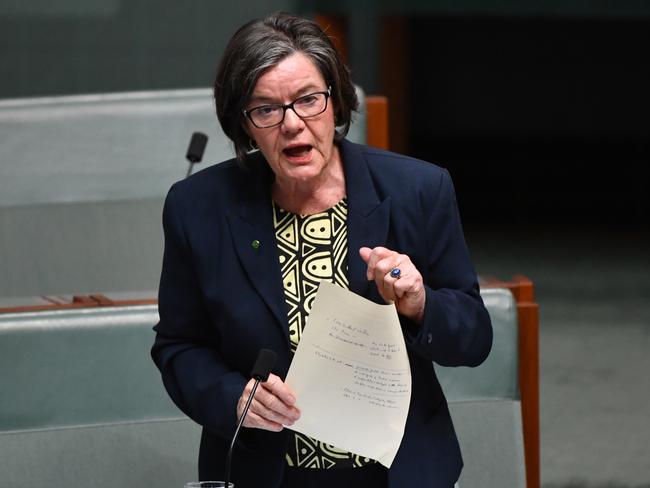Bill Shorten’s likely backflip will save face for PM Scott Morrison
The Coalition faces the very real prospect of being the first government to lose a legislative vote on the floor of parliament in almost 90 years. What Labor does, however, could change the course of the election, Annika Smethurst writes.
When parliament kicks off in Canberra this week, the Coalition faces the very real prospect of being the first government to lose a legislative vote on the floor of parliament in almost 90 years.
Inside the “Canberra bubble”, defeat would be humiliating and expose Scott Morrison’s tenuous grip on parliament. For voters, the loss wouldn’t change much. Scott Morrison would remain Prime Minister; Bill Shorten the leader of the opposition.
Tactically, having the government lose a vote in the first week would, at worst, be an embarrassment. What Labor does, however, could change the course of the election.


To deliver this humiliation, Labor, the Greens and most of the crossbenchers will need to vote in favour of a bill put forward by Kerryn Phelps that would allow detainees on Manus Island and Nauru to be evacuated to Australia for medical reasons, if two independent doctors agree.
Over the summer, rumours swept through Canberra that Victorian independent Cathy McGowan might withdraw her support, saving the government from embarrassment.
MORE FROM ANNIKA SMETHURST:
THE LIBERALS’ FEMALE VOTE HAS COLLAPSED
O’DWYER’S EXIT ANOTHER BLOW TO GOVERNMENT
But, with only days until a potential vote, crossbenchers now believe Labor will cave in and save the Morrison government from defeat. About four months from polling day, Labor is well ahead in the polls. Bill Shorten will be hesitant to hand the Coalition any ammunition to blow up his campaign.
Allowing asylum seekers to come to Australia, even for medical treatment, would be an pre-election gift for Scott Morrison.

Every time an asylum seekers landed in Australia the government would be able to accuse Labor of being soft on border control. Throw in a boat arrival or two and it could just be enough to derail Labor’s election campaign, particularly in marginal seats in Queensland and Western Sydney.
In the past week we were given a glimpse of the government’s willingness to use national security as an election wedge. It was brutal.
Polls suggest Australians have softened their attitudes towards refugees in the past six to seven years. But the image of thousands of asylum seekers arriving on Australia’s shores still haunts the Labor Party.
Tomorrow, Shorten has agreed to meet with security bosses and discuss the consequences of the Phelps bill. His colleagues believe the meeting will give him enough cover to declare he has had a rethink and withdraw support.
Amending or withdrawing support for the Phelps bill is the most politically pragmatic option for Labor, but it is not without risk, with the Greens preparing to go hard on the issue in inner-city seats.
Losing a vote on the floor of parliament will be embarrassing for the Government but appearing weak on borders in the lead up to polling day will be even more costly for Labor.


